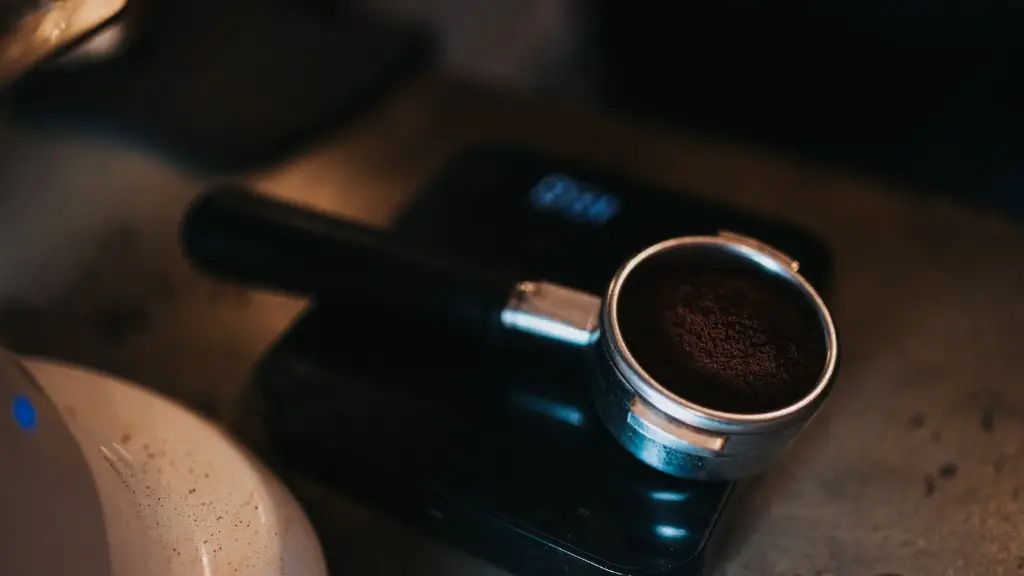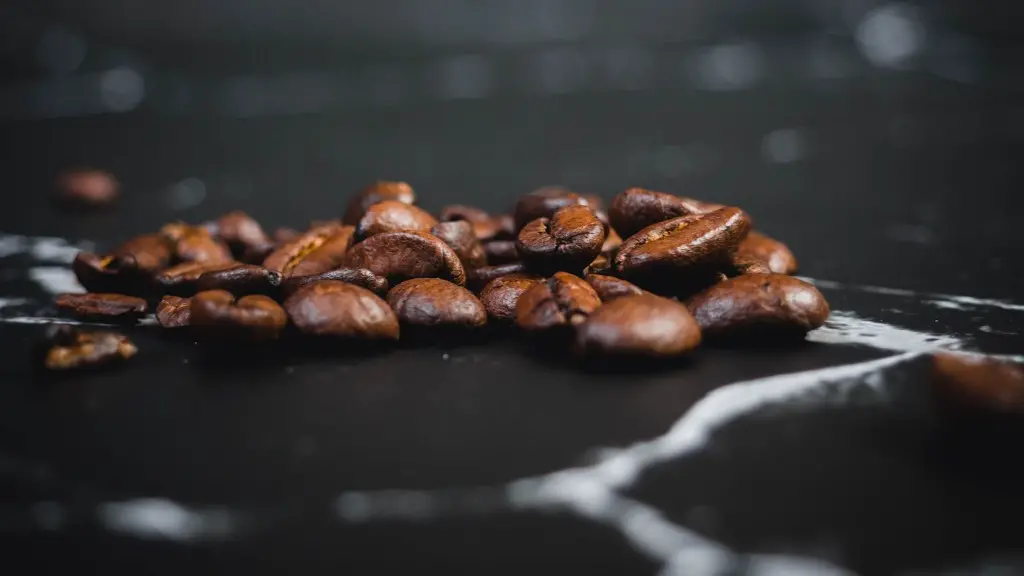The Impact of Coffee on Blood Pressure
Caffeine is a renowned stimulant and is the main active ingredient in coffee. While it may offer short-term health benefits, caffeine can also affect blood pressure in the long term, which could be a concern for people who need to take regular blood pressure tests. To understand how our bodies respond to coffee consumption and how it may interfere with accurate reading of our blood pressure levels, we need to take a closer look at what’s really happening.
The effects of caffeine consumption on blood pressure vary from person to person, mainly due to genetic differences. When caffeine enters the body, it breaks down into smaller molecules that interact with certain proteins and receptors to bring about rapid increases in alertness and energy. This has a significant physiological effect, increasing heart rate and causing restricted blood vessels, which cause blood pressure to rise.
A 2017 study found that, on average, caffeine can increase systolic blood pressure by 5mmHg, and diastolic pressure by 3mmHg within one hour of ingesting it. However, while it is fairly common to see a rise in blood pressure when someone consumes caffeine or coffee, this effect appears to diminish in those who continue consuming coffee over a long period of time. In other words, regular coffee or caffeine drinkers may be less vulnerable to the blood pressure altercations associated with it.
Most experts believe that it is safe to consume coffee before a blood pressure test as long as it does not exceed 400 mg a day – which is approximately 4 cups of coffee. It is recommended to wait for at least an hour after drinking coffee to measure blood pressure, as this is generally when the effects of caffeine start to wear off. Additionally, smokers and pregnant women should be particularly cautious with their coffee consumption, as high levels of caffeine may increase their risks of hypertension. In this case, it is advised to abstain from caffeine altogether.
What Types of Drinks are Considered Safe Before a Test?
In general, it is best not to consume any type of caffeinated drink within 24 hours of a blood pressure test. While regular black tea, soda, energy drinks and diet soda may not have the same stimulation effects as coffee, they all contain varying amounts of caffeine and could influence the results of your blood pressure test. Experts recommend that if you need to consume a caffeinated drink within a day of a test, sticking to lower amounts (1-2 cups or less per day) is generally safe.
Other Factors That Can Impact Your Blood Pressure Test
Blood pressure tests are also affected by other lifestyle habits, such as physical activity and smoking. People who are physically active typically have lower blood pressure levels and more efficient circulation than those with sedentary lifestyles. Additionally, people who smoke may experience a slight increase in blood pressure levels if they consume caffeine before a test. Reducing or abstaining from cigarette smoking is generally recommended for those who are looking to optimize their blood pressure levels.
What Are Other Options for Increasing Your Alertness?
If you do not wish to consume coffee prior to a blood pressure test, it is possible to increase alertness levels by making other lifestyle adjustments. Eating a healthy and balanced diet, such as adding more fresh fruits and vegetables to your meals, is generally the best way to maintain an alert mind. Additionally, getting enough sleep the night before a test is important, as good quality rest can improve both alertness and energy levels and help to reduce stress.
Alternative Ways to Measure Your Blood Pressure
The most reliable way of measuring blood pressure is through manual tests conducted by a trained professional. However, there are other options available that provide an accurate estimation of your blood pressure. A home blood pressure monitor, for example, is a device that measures your in-home readings and allows you to track your blood pressure levels over time – without the need to drink coffee before measuring.
The Role of Medical Professionals
If you are ever unsure about how to optimize your blood pressure readings, it is best to consult with a doctor or medical professional. Your healthcare provider will be able to guide you in the right direction, provide advice on lifestyle changes, and explain the effects of different types of drinks and medications on your blood pressure levels. They can also answer all your questions and concerns, so you can make informed, science-based decisions.
The Bottom Line
Coffee may cause a slight increase in blood pressure levels when consumed shortly before a test, but regular consumption does not usually lead to long-term alterations. It is still recommended to avoid high amounts of caffeine (4 cups or more of coffee) on the day of a blood pressure test, as this may interfere with accurate readings. If you wish to increase your alertness for the test, it may be best to focus on other lifestyle changes, such as eating a balanced diet and getting enough sleep. For additional safety, it is best to consult with a doctor before making any decisions.

